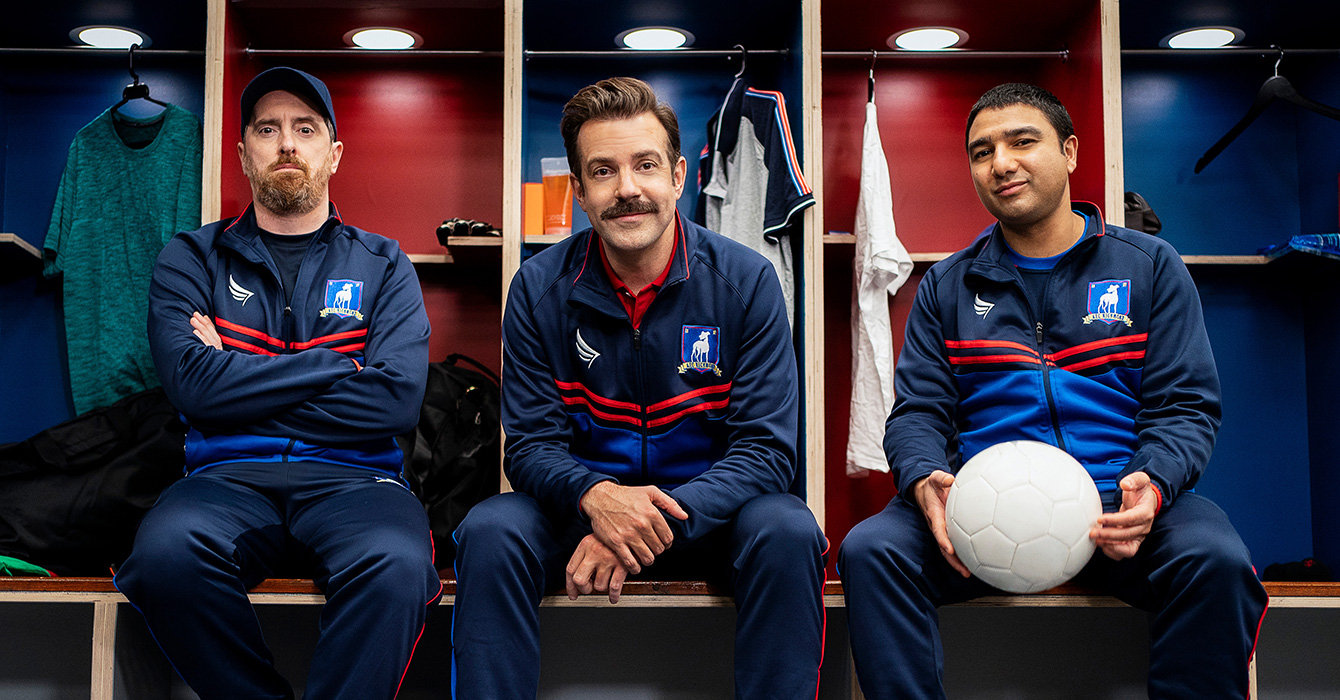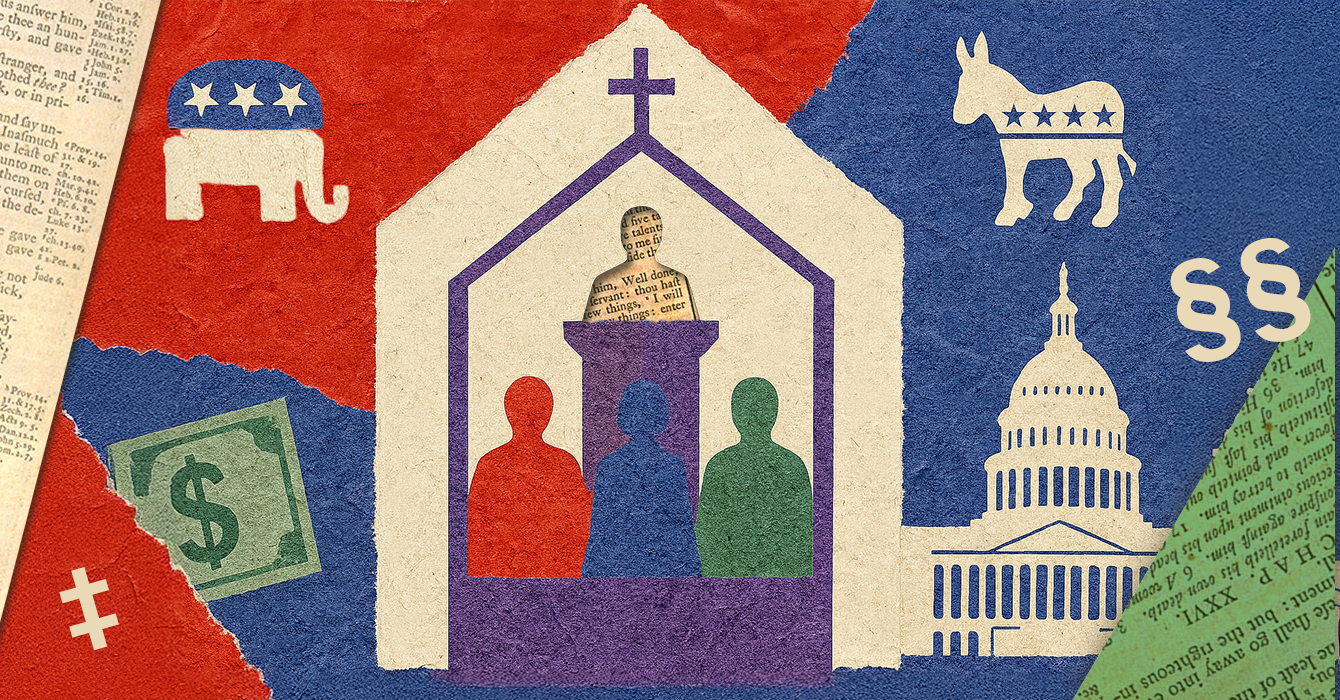Early in the pandemic, I was determined to keep my routines. YouTube became my go-to for exercise videos. I sought out webinars of all sorts to learn something, anything. I read a book on creativity and diligently highlighted key points.
But as the months wore on, my energy waned, and my focus dissipated. I couldn’t find comfort in books; written words overwhelmed me.
So I started watching a lot of television.
Before work, I’d get up early to watch Amazon’s “Bosch” — until I realized that my stomach seized at a hint of suspense or the threat of violence. I switched to a morning sitcom. At lunch, I’d eat mindlessly, accompanied by whatever the remote found. At night, I’d fall asleep lost in a scripted world with predictable endings.
A friend and I started watching “Little House on the Prairie” obsessively. Each day, we’d text back and forth, commenting about moments in episodes. We Googled cast members and minor characters, watched a documentary on Laura Ingalls Wilder, and planned a post-pandemic trip to “Little House” landmarks.
Yet in this, I was not just seeking to soothe a mind rattled by a disrupted world. I also was creating a different kind of professional development program. Watching Charles and Caroline and Half Pint and Mary work up a good sweat to forge a good life made me contemplate my own approach to labor.
The show’s morality reaffirmed my sense that having clear values is an asset to my life as a parent, a partner and a manager.
The various “Real Housewives” series and other forms of Bravo reality were a terrific distraction. But they also made me think through how to navigate group dynamics, and they challenged me, as a manager, to ponder solutions for handling toxic personalities.
On Apple TV, I got leadership lessons from “Ted Lasso,” which features Jason Sudeikis as a relentlessly optimistic Division II American football coach who gets recruited to coach an English Premier League football (soccer) team.
As it turns out, the show became a hit in its first season, garnering 20 Emmy nominations. The Primetime Emmys will be presented Sept. 19.
Yet even before the nominations were announced, the program drew analysis of its more prominent throughlines and adjacent subtexts, like optimism, mental health, teamwork and Christianity.
Early in our journey with Ted, we learn that the team’s owner has reasons for wanting him to fail. But making that happen proves difficult, partly because Ted is using a different measurement for success than most do.
Ted understands that the culture of an organization provides the framework for how it reaches its goals. And so he sets out almost immediately to create a positive, inclusive environment. He encourages the long-ignored and belittled team assistant to share his thoughts and ideas; he brings the owner sweets to launch their daily morning meetings.
Ted knows that when everyone contributes and everyone is heard, everyone is invested in the vision and the goals. It can make winning more than possible; it can make it inevitable, because all are contributing their best.
Ted also knows that a part of great leadership is creating other great leaders. He encourages an aging star player to mentor an arrogant and divisive phenom; he encourages the cocky youngster to support his teammates rather than demean them.
And when he lets his assistant give a locker room speech, he introduces him, lending the assistant his authority, thus signaling that the team should listen, should respect what he says. And they do.
I noticed, too, that Ted keeps a sense of wonder about the world and about his work. When he first gets to the stadium where his team holds practice, he gets on his knees to touch the grass. He’s a storyteller, showing an awareness that personal stories have lasting impact.
He loves a symbolic gesture. After his American-based son sends him plastic soldiers for protection, Ted begins handing them out to others. And they hold on to them.
Ted’s not perfect; he gets things wrong sometimes. Yet the impact isn’t lasting. His authenticity and the culture he’s built offers enough goodwill for his colleagues to afford him grace. Being wrong and acknowledging that makes his leadership stronger.
There’s a hint in the first season that Ted’s marriage implodes in part because he’s so optimistic. I get that. I’ve learned in my own leadership adventure that niceness can be a kind of tyranny when it’s empty. But at least at work, Ted’s niceness isn’t a substitute for action or solutions.
Now, in this second season of the show, we’re starting to see more of Ted’s flaws. He feels threatened by a colleague’s expertise. He ignores his own needs until he nearly breaks.
In boardrooms and offices, in church sanctuaries and the direct service hubs of nonprofits, inspiring our colleagues and holding on to wonder has been challenging in the last 18 months.
I’ve been in a lot of conversations about managing in this changed world. I’ve been involved in conversations about how to create cohesion when staff is remote, and about the impact of remote work on culture.
During one of the most difficult times of my life, sitting on my couch and exploring leadership through TV gave me a chance to really think about what I want to cultivate at work and what kind of work I want to do.
I won’t allow proximity or distance to dictate the way I lead. I know that, as with Ted, the goal isn’t just to win. Sifting through fictional workplaces confirmed my sense that development is a continuous process — and, for me, the point of it all. When the routines fell away, it was learning and growing that led me back to myself.

















